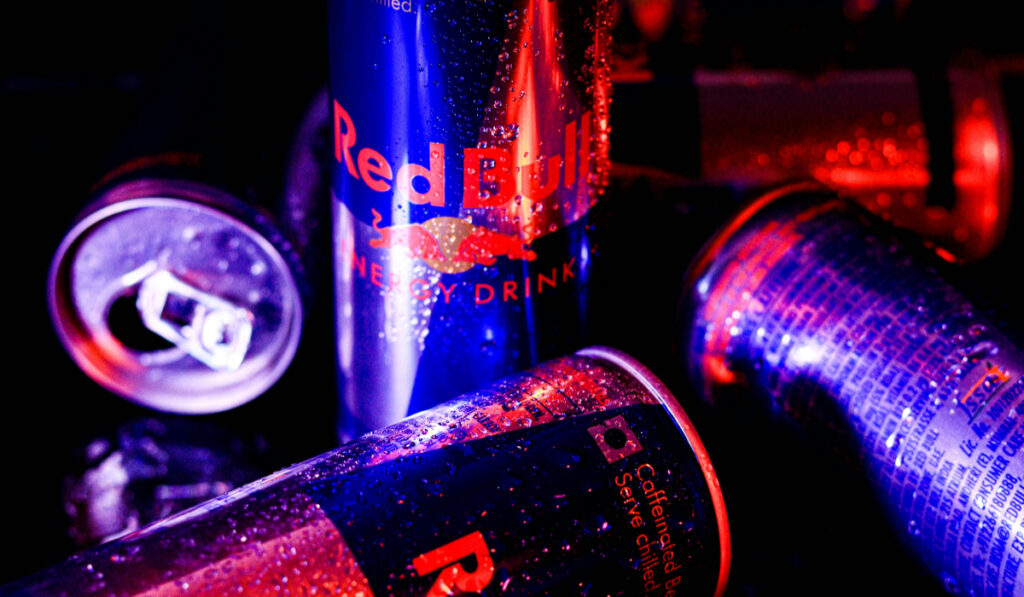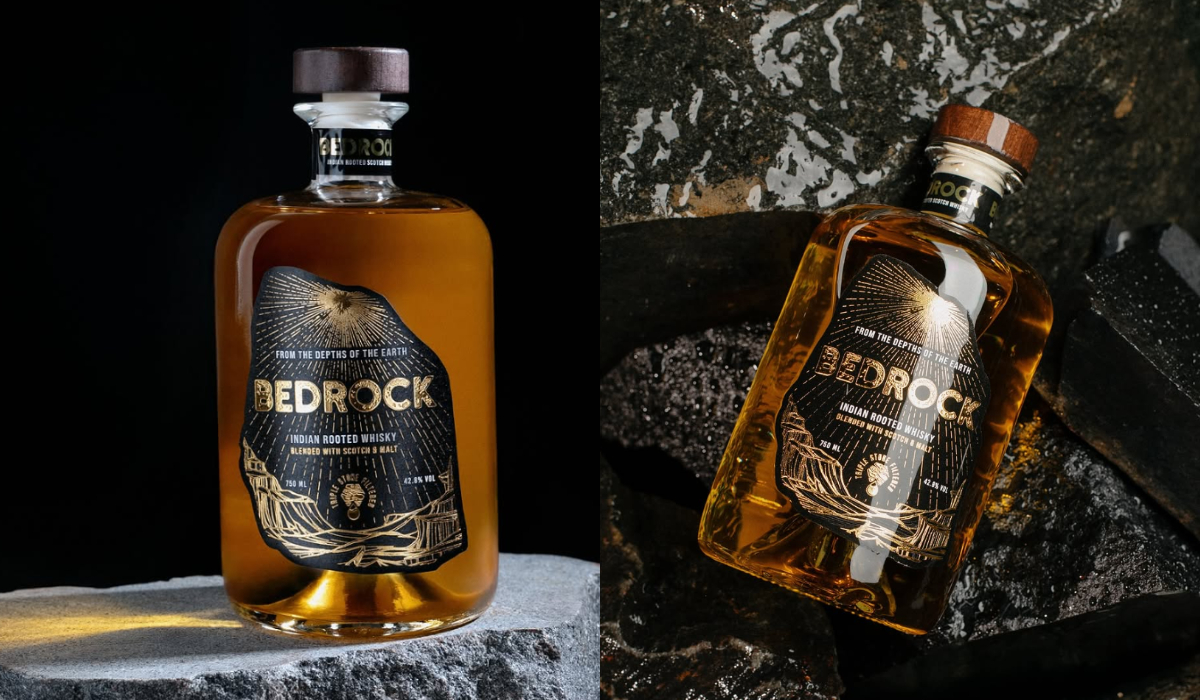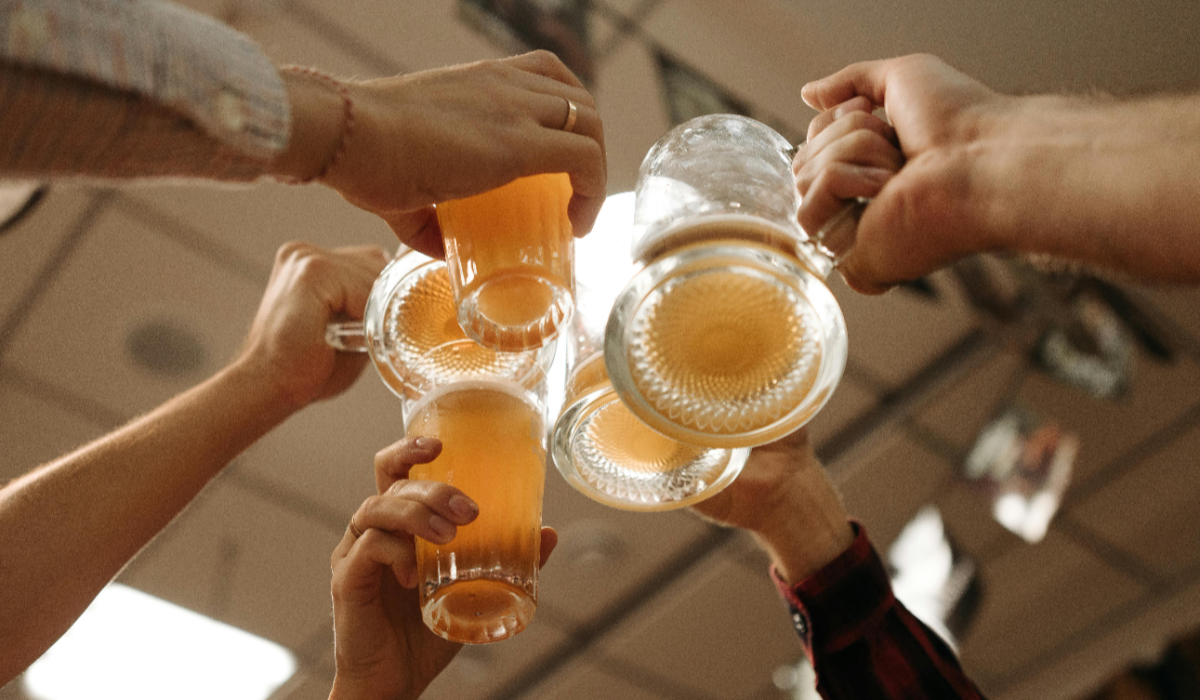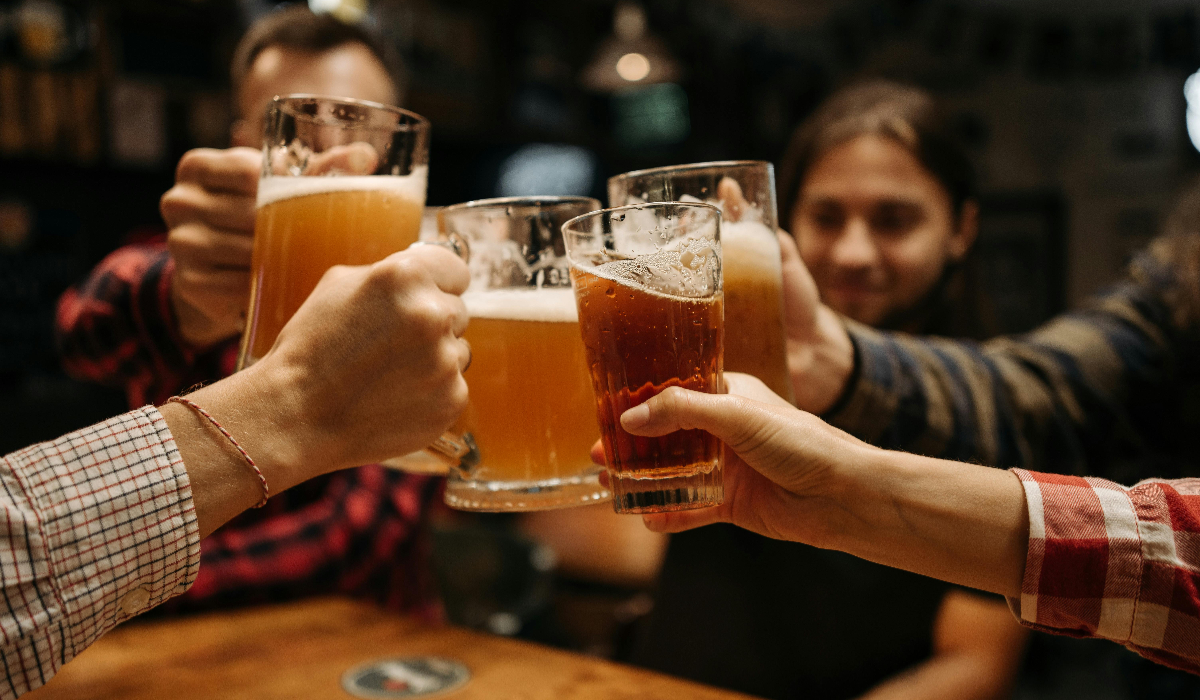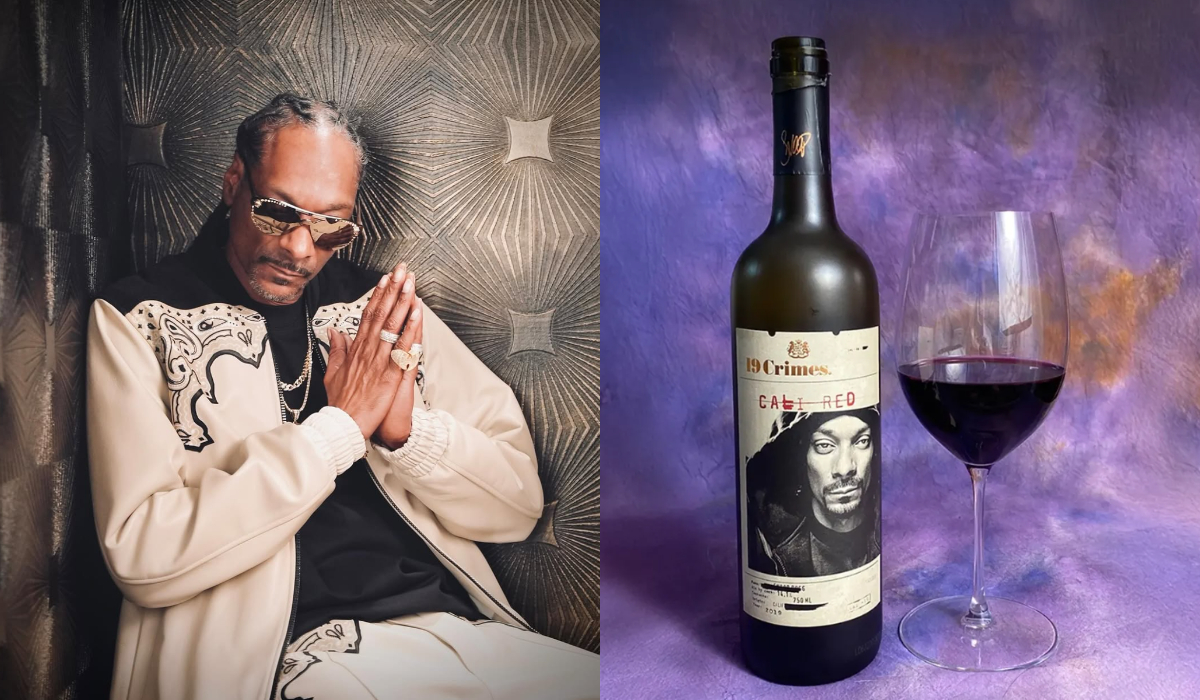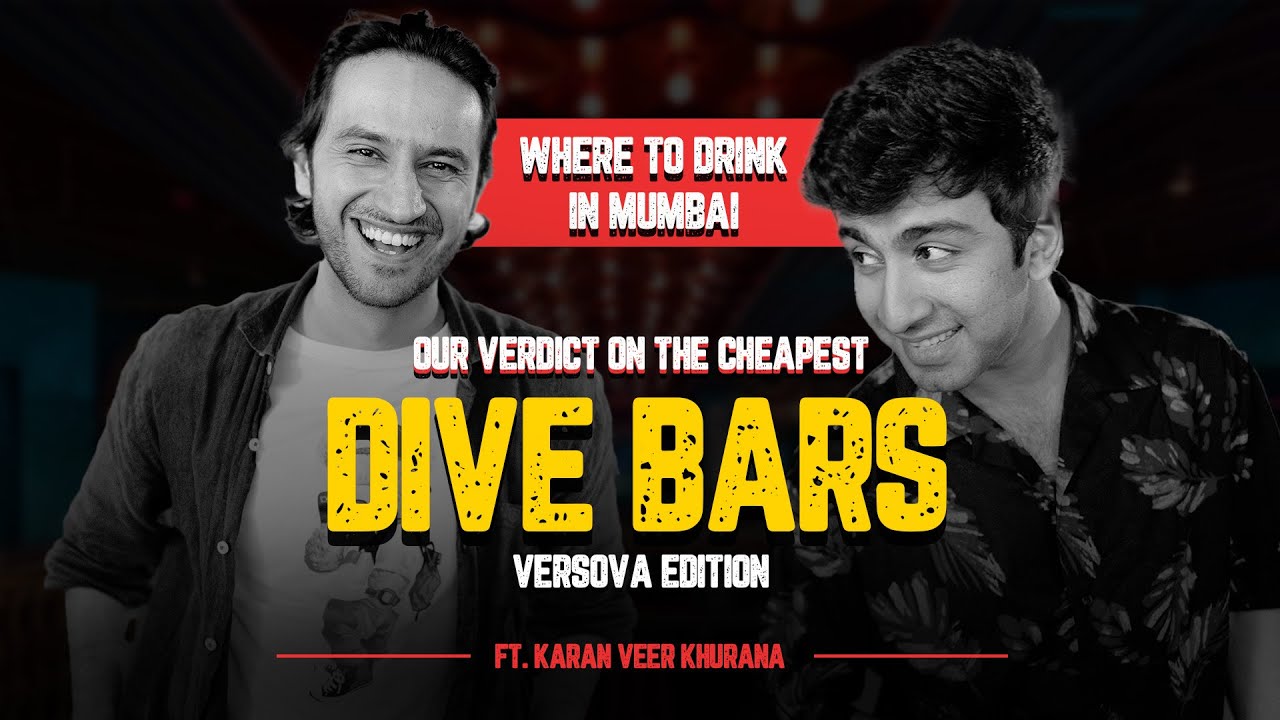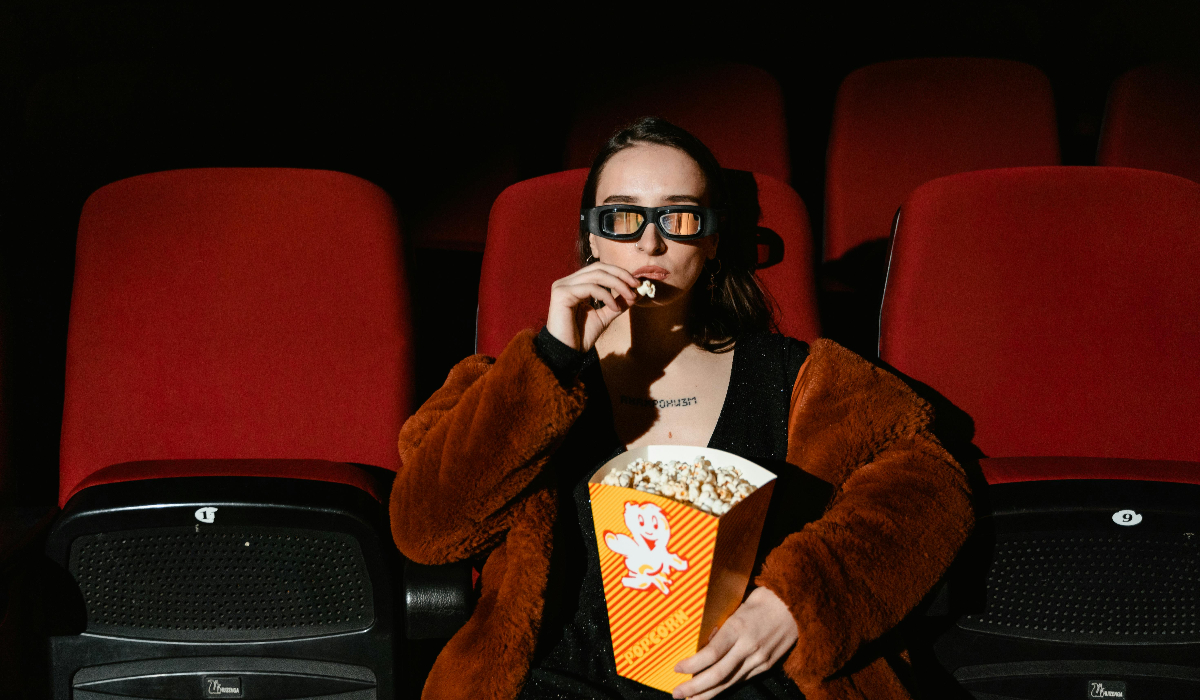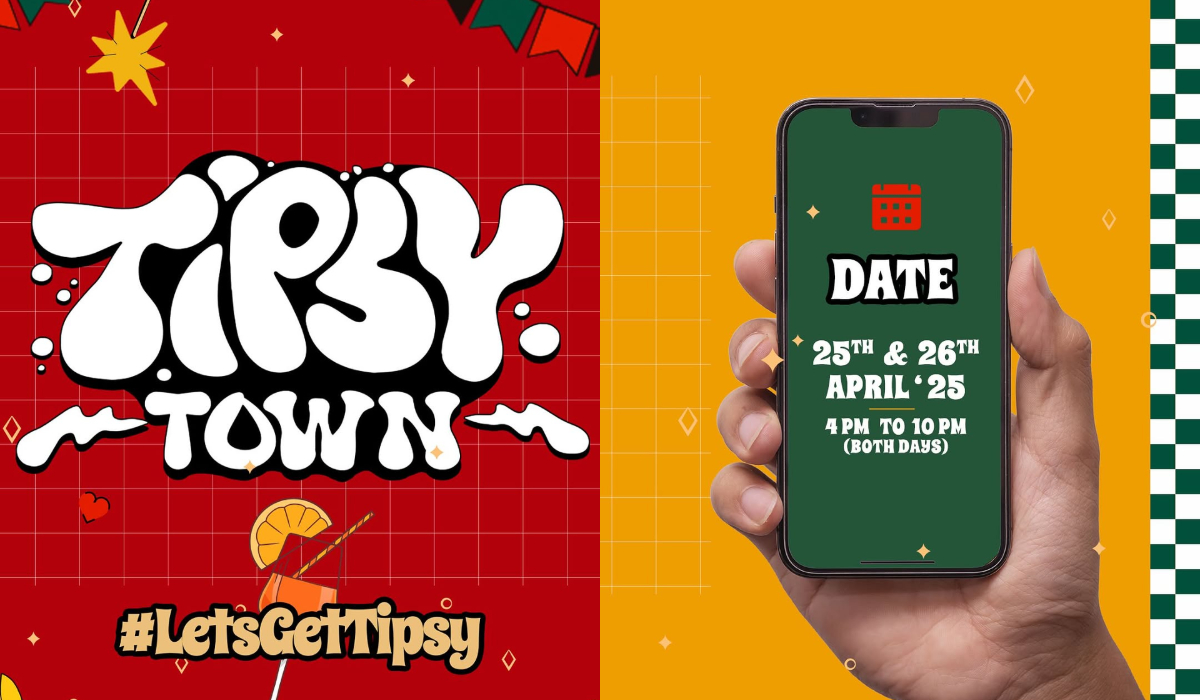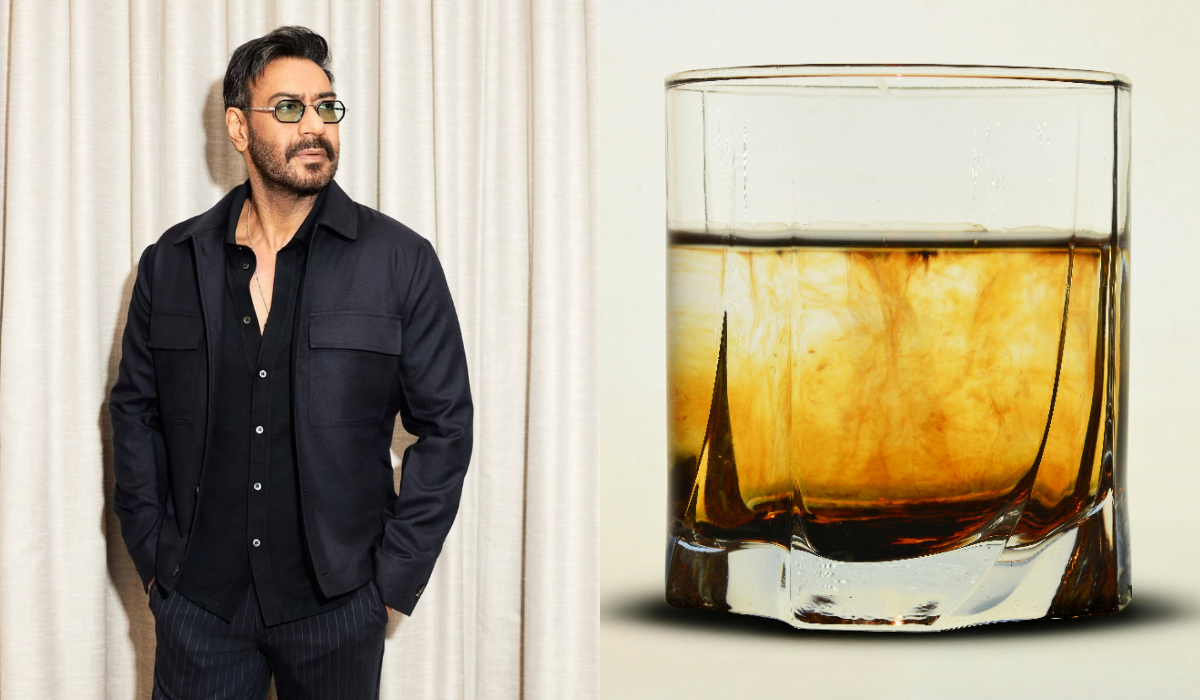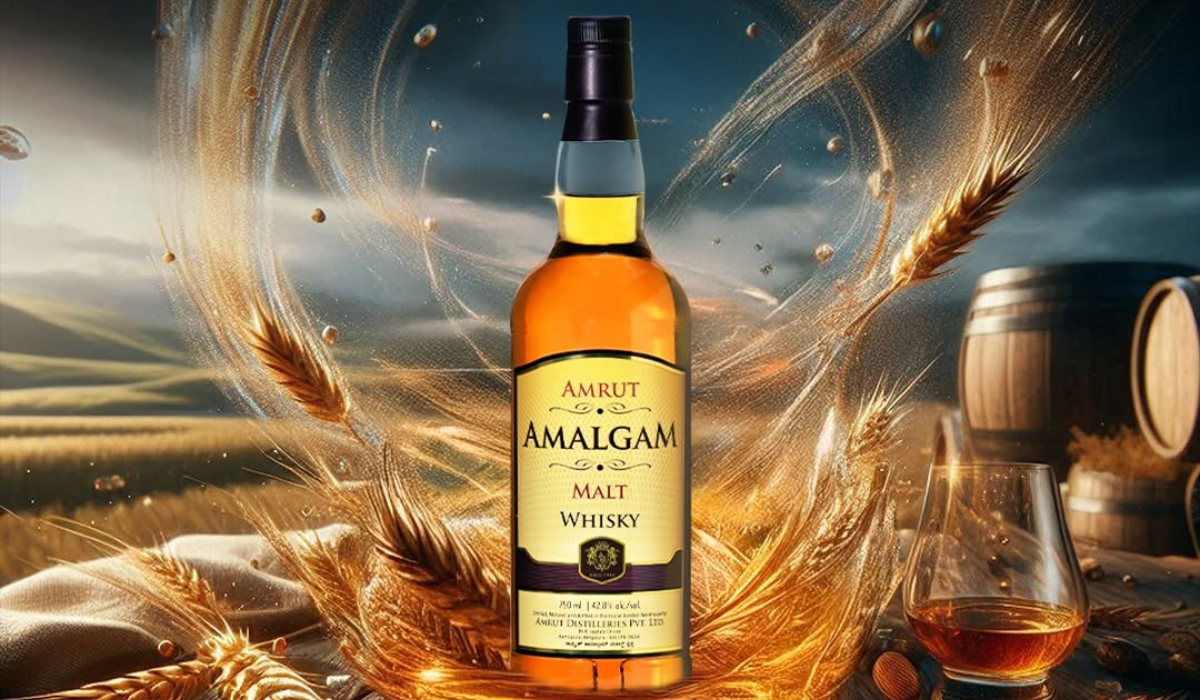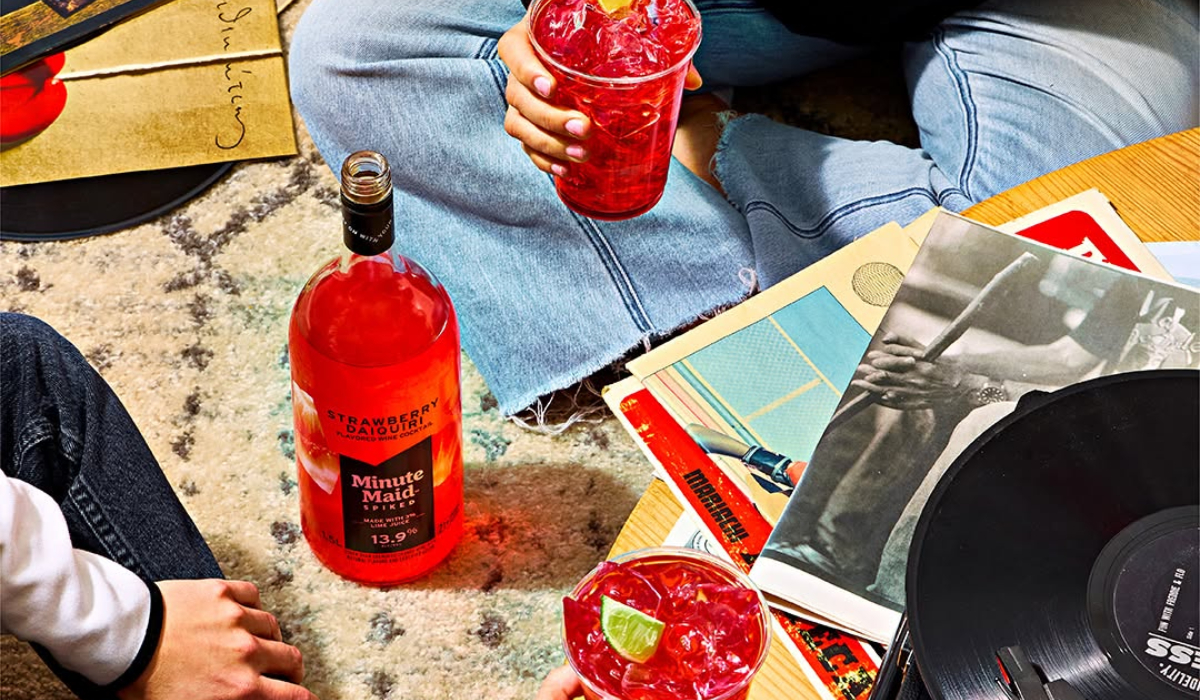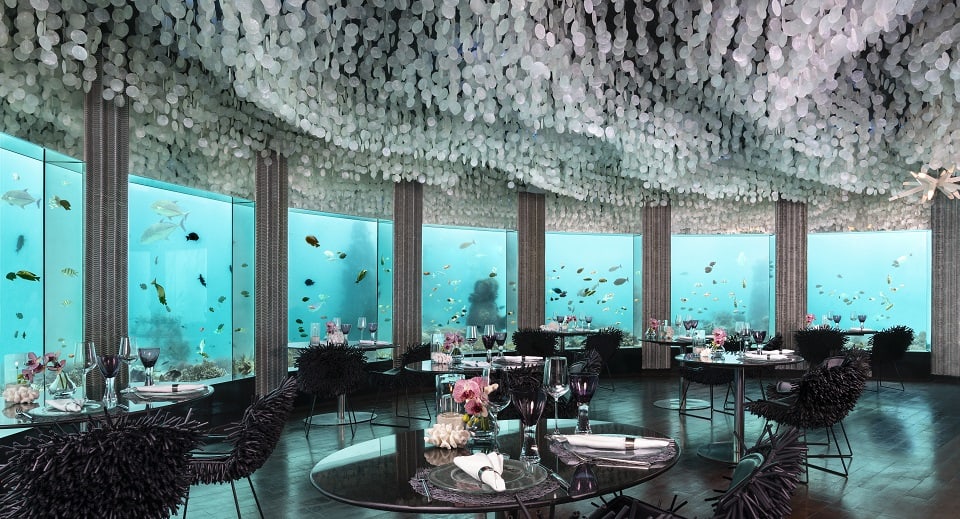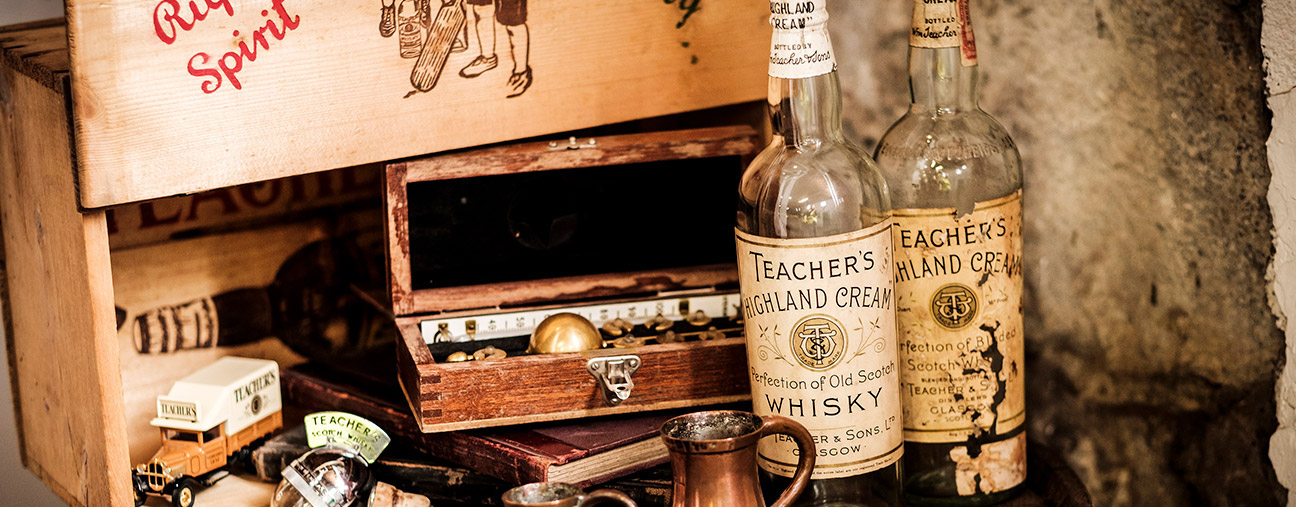You’ve seen it in countless advertisements featuring animated figures that gain wings after a few sips of this drink. You must’ve yourself had it countless times. After all, a humble can of Red Bull is your wingman before an all-nighter, a club party, or just any other occasion when you need a ‘kick’. However, many people scratch their heads when they are asked whether their favorite Red Bull can contain any alcohol. The Red Bull energy drink alcohol percentage is a topic that many people don’t have an answer to, but we’ll be talking about exactly that in this article. Pop open your Red Bull cans, sit back, and keep reading.
Alcohol Percentage In Red Bull Energy Drink
This might be hard to believe, but Red Bull energy drink contains 0.0% alcohol. Zero, zilch, absolutely zero percentage of alcohol. The energy drink is known to be a staple at late-night parties and is often seen hanging out on the shelves with bottles of vodka, rum, gin, and other kinds of liquor. However, despite that, Red Bull is not an alcoholic drink – it is an energy drink.
Red Bull instead contains caffeine, the same stimulant that you find in your daily cup of coffee. It also contains Taurine, B-group vitamins, and sugar or artificial sweeteners. There is no fermentation or distillation involved in making Red Bull – processes that are characteristic of alcohol production.
Also Read: Airag: A Traditional Central Asian Drink Made From Mare’s Milk
So, Why The Confusion?
It is quite common to believe that Red Bull is, in fact, an alcoholic drink. Thanks to its quirky ad campaigns and a tagline that’d better suit an alcoholic beverage, people who are new to Red Bull instantly think of it as an alcoholic beverage being sold in a can. Red Bull cans also frequently mark their presence in pubs and clubs, are decorated on bar shelves and are used as mixers to make delicious cocktails. This, more or less, gives the impression that Red Bull isn’t an energy drink, but rather an alcoholic drink itself.
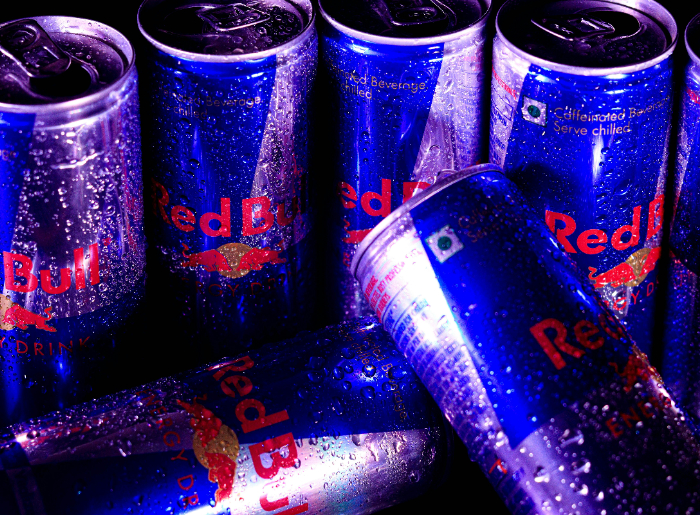
While the alcohol percentage in Red Bull energy drink is zero per cent, it is a popular mixer used in crafting refreshing cocktails. It’s the ultimate combo for those who want to feel energized and tipsy simultaneously. If this is a little confusing, here’s why.
Caffeine is a stimulant, whereas alcohol is a depressant. When you combine caffeine and alcohol, the former can suppress the effects of alcohol, making you feel less ‘unsobered’ than you are. That, in turn, can lead you to drink more alcohol than you should. Ultimately, caffeine’s effects might end up giving you a hangover to remember instead of waking your senses.
Many health experts have warned against excessive consumption of energy drinks + alcohol combinations for this very reason. While it might not seem very harmful while doing so, the health effects it can have on your body are too significant to not notice.
Also Read: 5 Diabetic-Friendly Beers Available In India
Red Bull In India
Red Bull is available widely in India, in shops as well as online on e-commerce platforms. The energy drink retails for INR 125 for a 250 ml can, whereas a 350 ml can sells for INR 165. A sugar-free version of the drink, called Red Bull Sugarfree also retails for the same price. So, when are you getting your hands on one?
Summing Up
In summary, Red Bull’s energy drink has an alcohol percentage of 0.0%. When you open a can of Red Bull, you can be assured that you’re not consuming any alcohol. Instead, you’ll be ingesting caffeine and sugar—ingredients that can be harmful to your body if consumed excessively. It is a pure energy drink, completely free from alcohol, but filled with caffeine to energize you and help you “give you wings”!
FAQs
How Much Alcohol Is In A Red Bull Energy Drink?
Red Bull energy drink contains zero per cent alcohol. It is an alcohol-free energy drink.
Can Kids Drink Red Bull?
Kids are not advised to drink Red Bull as the drink can contain amounts of caffeine that are too high for their consumption.
How Much Coffee Is 1 Red Bull?
1 Red Bull can of 125 ml contains about 75 milligrams of caffeine. This is roughly equivalent to the same amount of caffeine in a usual cup of coffee.
